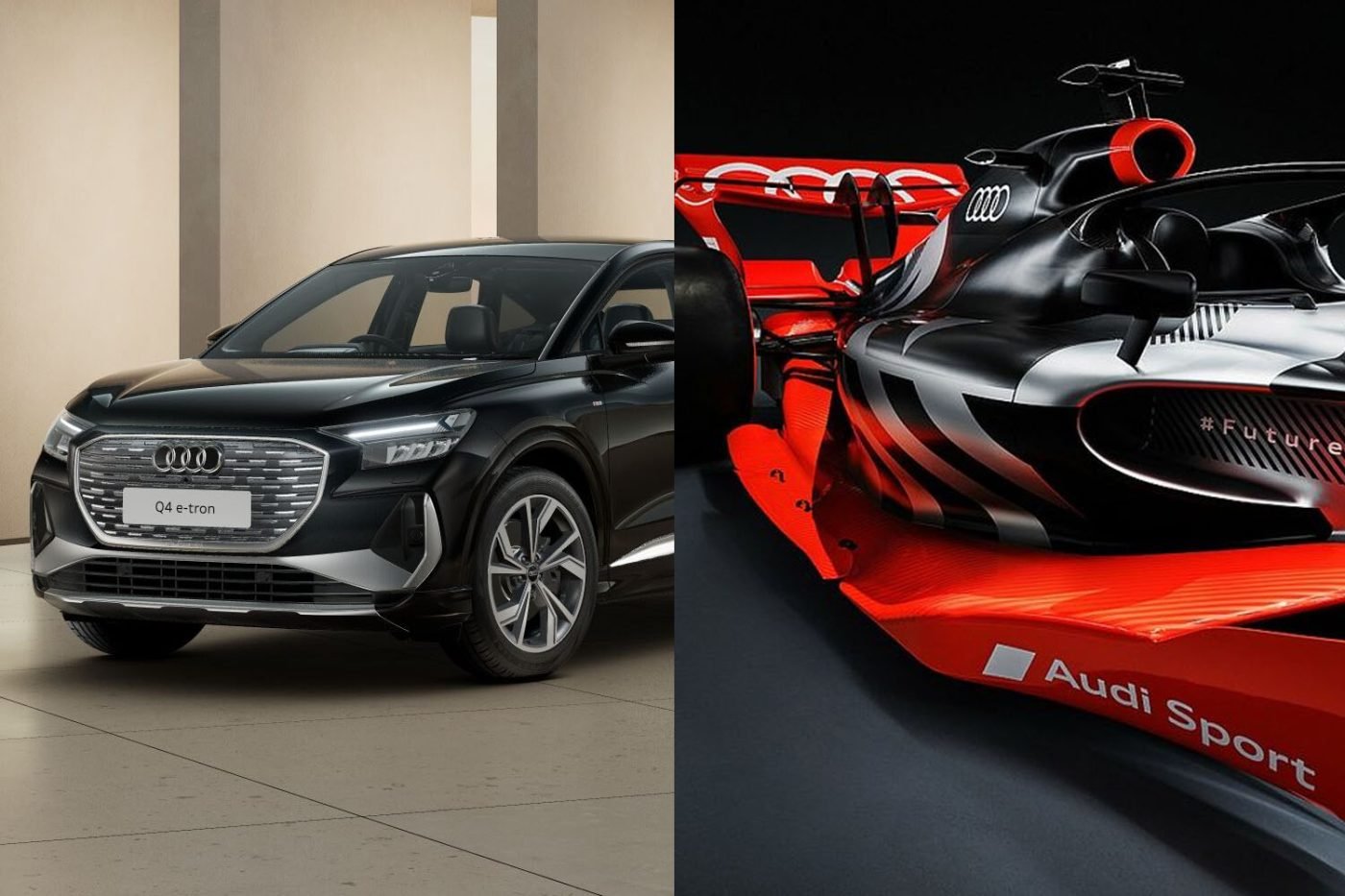Audi’s global performance is slipping. Sales lag behind BMW and Mercedes-Benz, and in Australia, Audi doesn’t even crack the top 10. According to recent VFACTS data it’s down 16.4% year to date.
The brand’s official entry into Formula 1 in 2026 via a takeover of Sauber and the introduction of its own power unit marks a significant shift in strategy. It is not just about racing. It is an attempt to put Audi back on the radar of the next generation of buyers.
The soon to be Audi team has seen consistent improvements this year with Nico Hulkenberg scoring his first podium of his long career in Silverstone this weekend.
Formula 1’s resurgence, driven by the success of Drive to Survive, has transformed the sport into a global marketing powerhouse. Just look at the amount of brands on every team and track?

There is solid evidence that Formula 1 exposure directly boosts brand relevance and consumer interest across the automotive sector.
Alpine, for instance, has tripled its brand value in just four years largely thanks to its F1 involvement, with sales of the A110 tripling despite the model nearing the end of its life.
Renault Group CEO Luca de Meo confirmed that F1 has been a “huge booster for awareness” of the Alpine brand. Ferrari, meanwhile, has leveraged its F1 presence to expand into lifestyle categories, reporting a 14.6% increase in brand-related revenues in 2023 driven by stronger sponsorship deals, higher F1 earnings, and luxury merchandising.
Curated news for men,
delivered to your inbox.
Join the DMARGE newsletter — Be the first to receive the latest news and exclusive stories on style, travel, luxury, cars, and watches. Straight to your inbox.
Aston Martin has used F1 to reinforce its ultra-luxury positioning, with its team’s visibility playing a key role in attracting new customers and building global brand equity.
For Audi, these examples suggest that success on the grid could translate directly into renewed showroom traffic and cultural relevance, provided the product strategy supports it.
Audi’s current lineup is technically strong but emotionally cold. The RS4/6 remains a cult favourite (and my daily driver) and the e-tron GT is a genuinely exciting electric vehicle, but the overall brand lacks a spark.
BMW has a steady stream of M-badged drama and design controversy that keeps it in the spotlight. But Audi plays it safe. Too safe?
Formula 1 gives Audi a new narrative to work with. Precision, performance, and technology on the world stage. If they back the team with proper engineering and start appearing on podiums, the downstream effect on brand perception will be significant.
Special edition road cars, high-performance EV trickle-downs and a marketing push that ties showroom models to track performance could finally lift Audi from its current stagnation.
Other manufacturers have seen this work. Honda’s reputation surged after powering Red Bull to championship wins.
McLaren’s road car division has seen renewed interest on the back of their F1 comeback. Even Ford’s limited involvement with Red Bull Powertrains has helped revitalise its performance image.
Audi’s issue is not capability. It is attention. Formula 1 gives the brand a rare opportunity to be seen again, not just as premium but as progressive and competitive. The road back to relevance starts on the track.
You can read the latest Australian car sales data in this story by CarExpert.

